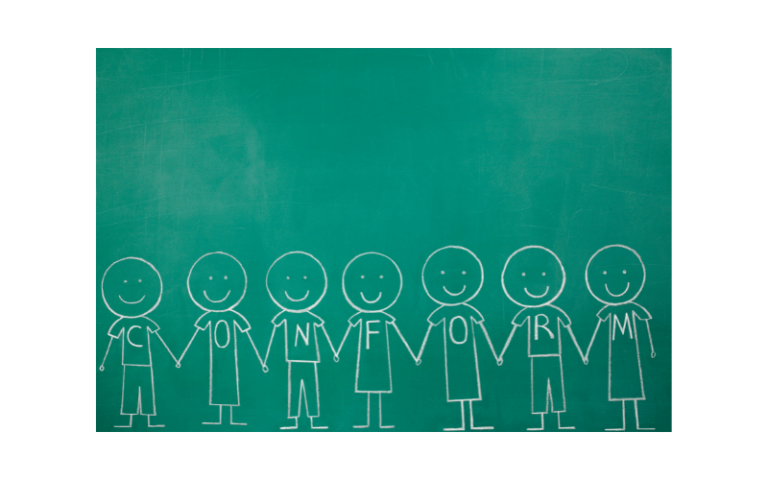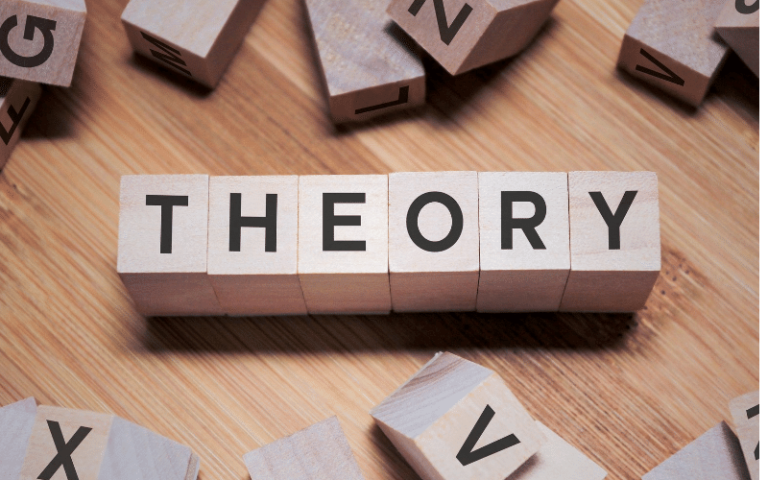Positive Reinforcement Examples: Definition and Uses
Positive reinforcement involves introducing a desired stimulus after a behavior to encourage that behavior. Learn more about how positive reinforcement works.

Positive reinforcement involves introducing a desired stimulus after a behavior to encourage that behavior. Learn more about how positive reinforcement works.

Personality traits are fairly consistent and predictable patterns of behaviors, thoughts, and feelings. Cardinal traits are dominant personality characteristics that strongly determine a person’s behavior. Such traits are so strong and persistent that the individual becomes associated with that quality. While other personality traits are present earlier in life, cardinal traits become more apparent as…

What’s your leadership style? Take this quiz to learn more about your characteristic leadership style.

Are you more of an introvert or an extrovert? Take the introvert / extrovert quiz to learn more.

The fundamental attribution error is a type of cognitive bias that leads people to overemphasize personality and underemphasize situational factors.

If you need to solve a problem, there are a number of different problem-solving strategies that can help you come up with an accurate decision. Sometimes the best choice is to use a step-by-step approach that leads to the right solution, but other problems may require a trial-and-error approach. Why Use Problem-Solving Strategies While you…

Laissez-faire leadership advantages and disadvantages can determine whether this leadership style is effective or not. The advantages of laissez-faire leadership include empowering team members and fostering creativity. The disadvantages can include lower productivity and the potential for confusion. Have you ever had a boss who took a hands-off approach? Who let team members take the…

Autocratic leadership involves the leader taking complete control, not accepting input, and expecting others to follow without question.

Democratic leadership relies on group participation. Learn why this style can be so effective.

The psychodynamic approach is rooted in the basic belief that people have unconscious desires, thoughts, feelings, and memories that, while outside of conscious awareness, still influence a person’s behavior.

How much do you know about personality psychology? Put your knowledge to the test with this brief quiz.

The anchoring bias is a type of heuristic that causes people to use the first they learn as a reference point for making future judgments and decisions. This anchoring effect is highly prevalent across a wide range of situations–and it’s also very difficult to overcome. In this article, learn more about what causes the anchoring…

Ever wonder how we form quick judgments about people? Implicit personality theory reveals how our unconscious beliefs shape the way we see others—and how those snap perceptions influence our daily interactions.

Conformity involves changing your behavior to align with other people’s behaviors, beliefs, and attitudes. People often conform to blend in with others in their social group. It is a type of social influence that compels people to behave in ways seen as “normal” for that specific group. Researchers define conformity as “aligning one’s attitude, opinion…

People are continuously inundated with endless amounts of information. External stimulation, internal thoughts, emotions, and other forces all compete for our attention. To deal with this, people utilize selective attention to tune out things they don’t need to focus on and concentrate on the important things. In this article, learn more about how selective attention…

Attachment is an emotional connection between two. Attachment is also an important part of romantic love, so our attachment styles can have an impact on our relationships. What’s your attachment style? Take this quiz to find out. For more information on attachment, read this overview of attachment styles.

Our attachment styles shape how we connect, trust, and build relationships. Discover the different styles and how they impact love, friendships, and self-image.

Schedules of reinforcement determine when rewards are delivered and can affect the learning process.

Psychological theories provide the framework for understanding human behavior. Explore the key concepts that have shaped how we think, feel, and act in the world around us.

Operant conditioning is a learning process that utilizes reinforcement and punishment to modify behavior. Learn more about how it works.